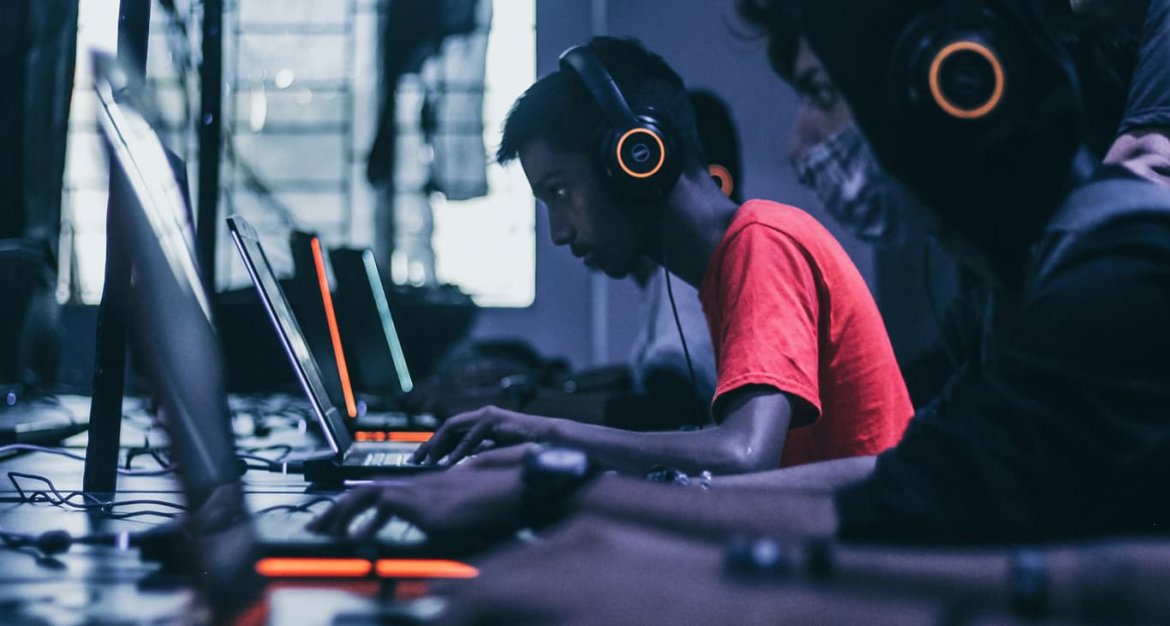
When we hear the word, “addiction,” what comes to mind? Whether they are legal or illegal, alcohol and various drugs are what most people typically associate with the word, “addiction”. However, many other habits or activities can become all-consuming and destructive in adolescents’ lives. While some teens develop an unhealthy compulsion toward certain behaviors, others develop an actual addiction.
As parents and guardians, we usually recognize when something is becoming harmful in our child’s life. But it can be difficult to tell when their activities have crossed the line into something they no longer have control over.
What Is a Non-Substance Addiction?
Non-substance addictions are also known as behavioral addictions or process addictions. Classifications often change over time as to whether an activity or behavior constitutes an addiction; for example, video gaming addiction was only recently classified by the World Health Organization as a mental health disorder.
The growing “need” to engage in these behaviors stems from the same changes in dopamine levels and processes in the brain’s reward center as substance addiction. Non-substance addictions are also intrinsically linked with impulsivity, depression, and other mental health issues.
Whether or not their activities are classified as addictions, however, teens continue to suffer from behaviors that interfere with their daily lives and impact their school performance, relationships with family and friends, sleep, and physical health. Often these behaviors are secretive or not fully disclosed.
Common Non-Substance Addictions
Some of the non-substance or behavioral addictions that are common in teens include:
- Food Addiction – Diagnosing food addiction is difficult. There are many reasons why people overeat or eat compulsively and why obesity occurs in teens. While many teens fit many of the criteria for food addiction, studies have shown that actual physiological food addiction is linked with depression and impulsivity.
- Video Gaming Addiction – Also known as internet gaming disorder, this addiction consists of preoccupation with playing video games. Hence, teens develop a tolerance, and need to play more to receive the same reward in the brain. When gaming is not available, teens may show withdrawal symptoms such as anger, irritability, sadness, or anxiety. Addicted gamers may also overspend on gaming equipment and ignore school, work, or family responsibilities to engage in online gaming-related forums or social media.
- Pornography Addiction – Many consider pornography addiction to be part of a more broadly defined sexual addiction or hypersexuality. Pornography addiction is associated with sexual dissatisfaction in real life and risky sexual behaviors. Like any other addiction, this compulsion can impact all aspects of a teen’s life.
- Social Media Addiction – Most teens use social media, but how much is too much? Social media use becomes harmful when the impulsive need to check social media supersedes daily activities and becomes all-consuming. Additionally, there are risks of cyberbullying and other psychological harm due to social media content. Other related conditions can include eating disorders, body dysmorphia, depression, anxiety, and even suicide attempts.
- Shopping Addiction – Also known as compulsive buying disorder, this addiction is characterized by a preoccupation with shopping and spending money that is not theirs, or creating debt to feed their shopping habits. Teens may experience anxiety or tension before shopping, as well as a release after their purchases. Denial or secretive buying often goes hand in hand with compulsive buying disorder. Teens with shopping addiction often suffer from anxiety, depression, or other mental health issues as well.
Treatment for Non-Substance Addiction
Effective treatment for a non-substance addiction addresses the underlying issues catalyzing the addictive behaviors. These addictions typically arise from root causes such as trauma, depression, and anxiety. Thus, the behavior is a symptom of the mental health condition. A teen mental health rehab center can provide comprehensive care that goes beyond the symptom in order to help young people find sustainable healing. If your teen needs help finding the right rehab center for non-substance addiction, please reach out to Teen Rehab and we can help you find the right care for your family.
Photo by Fredrick Tendong on Unsplash


